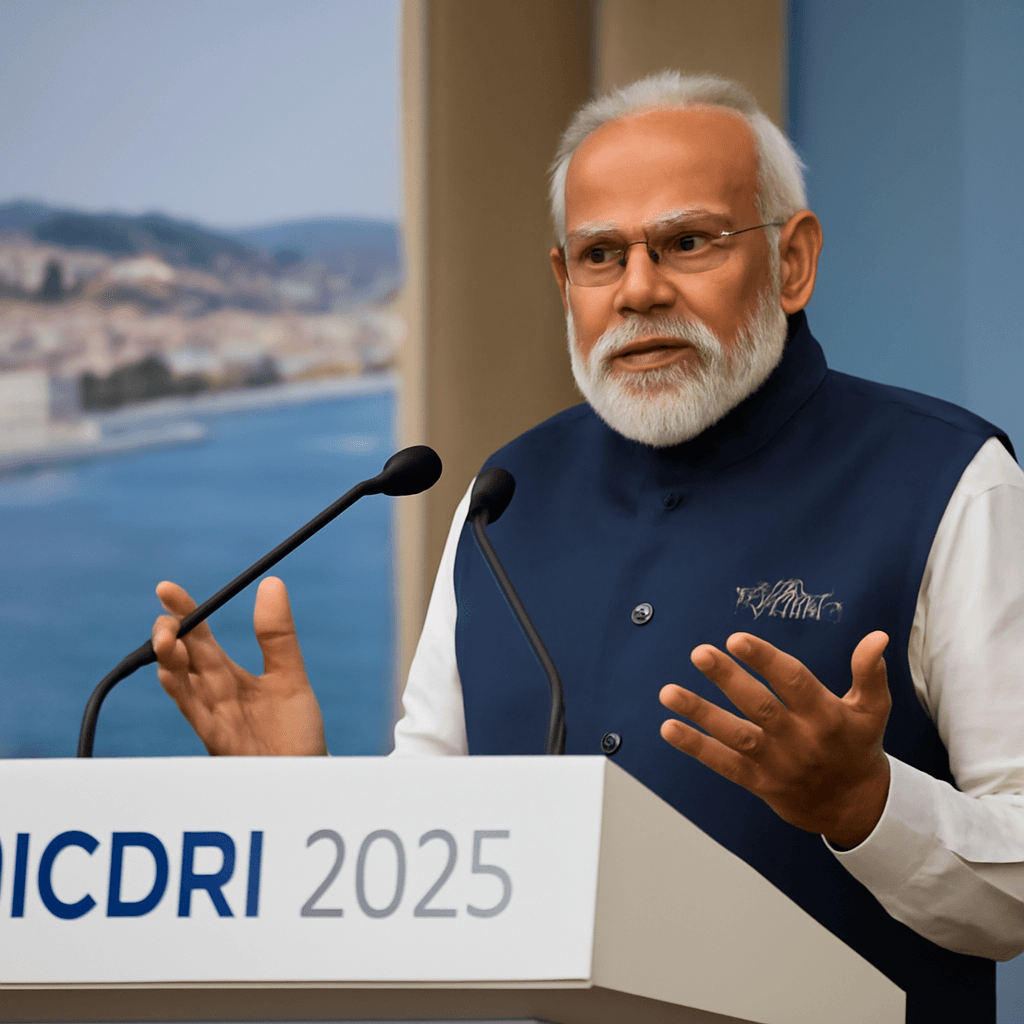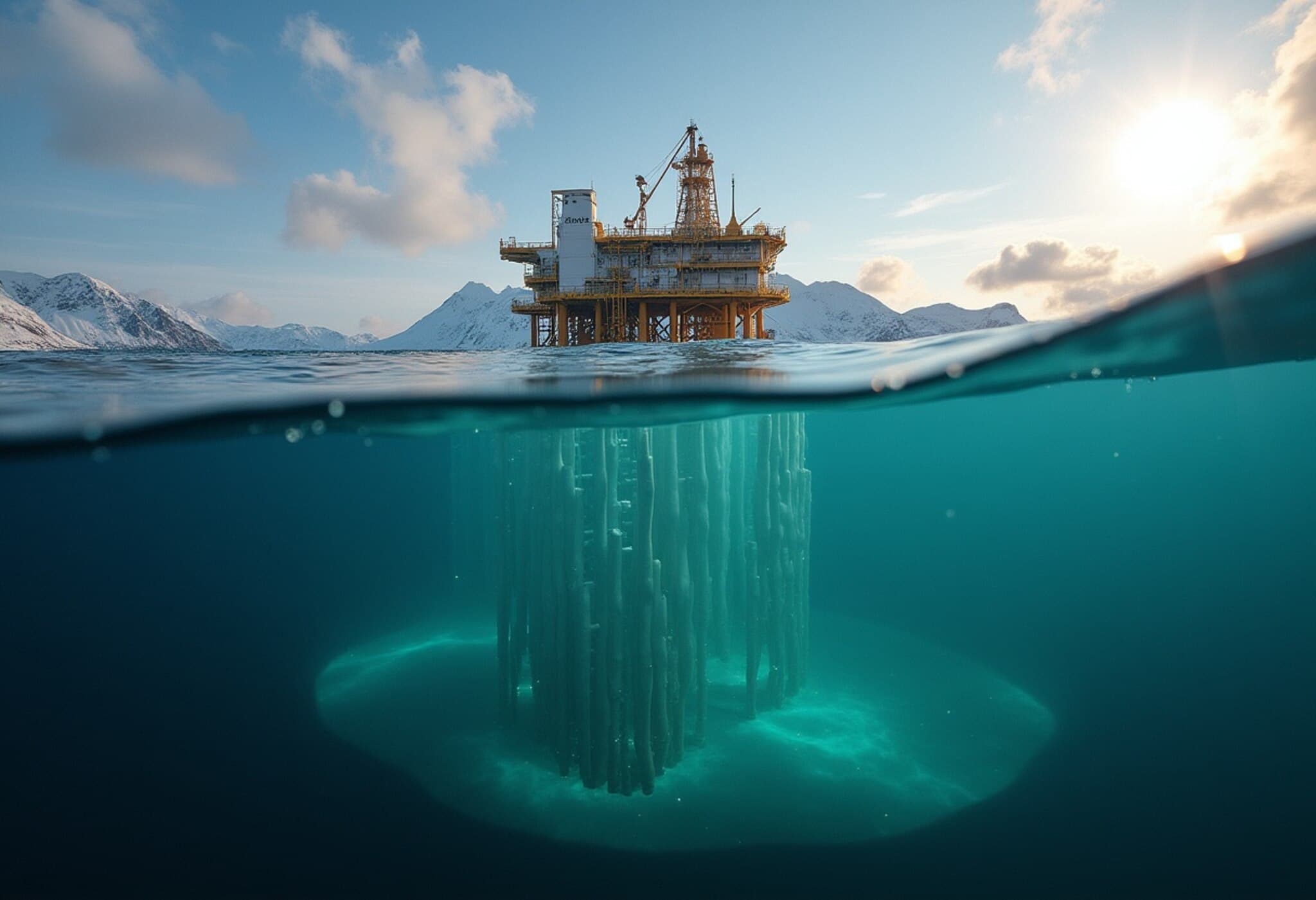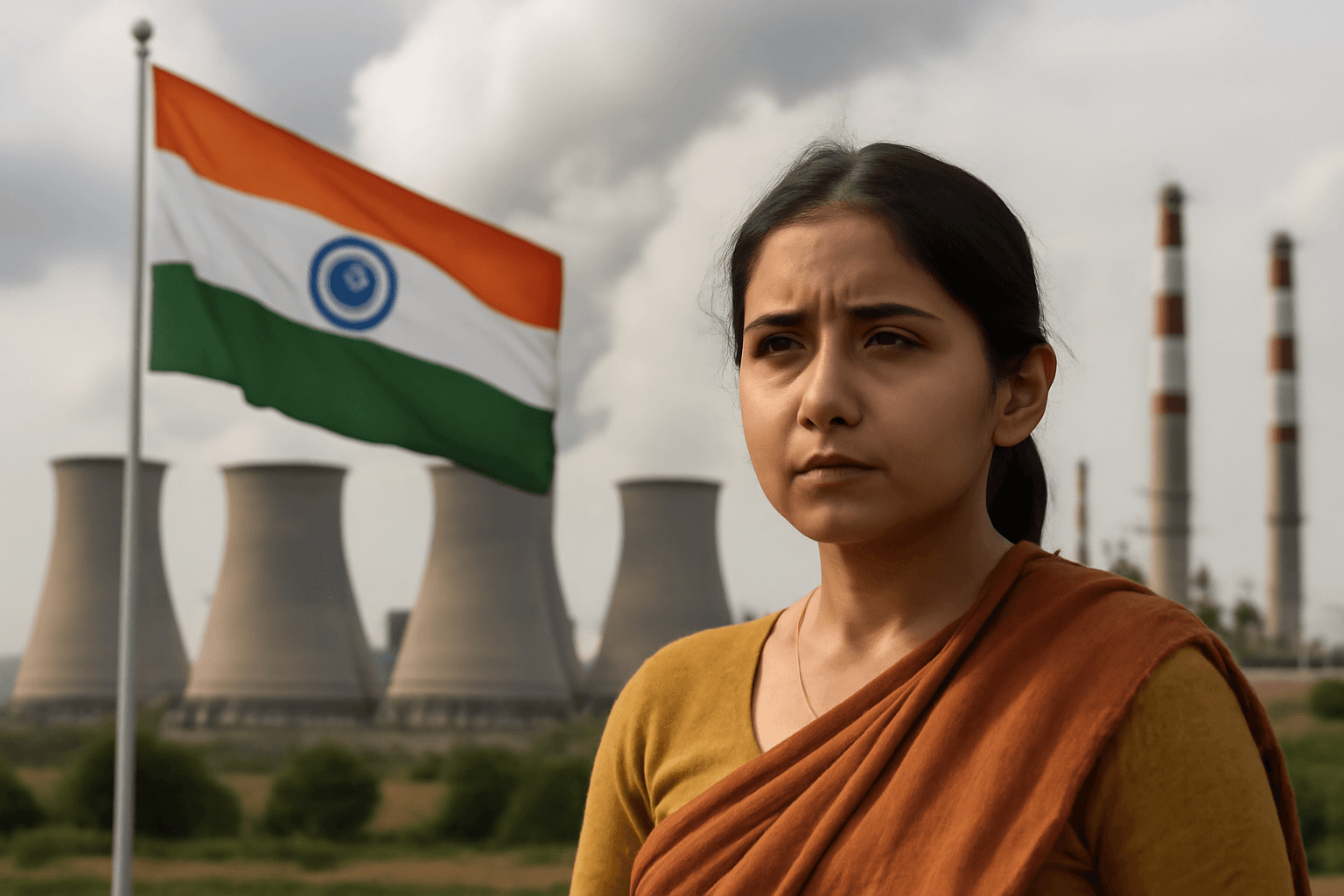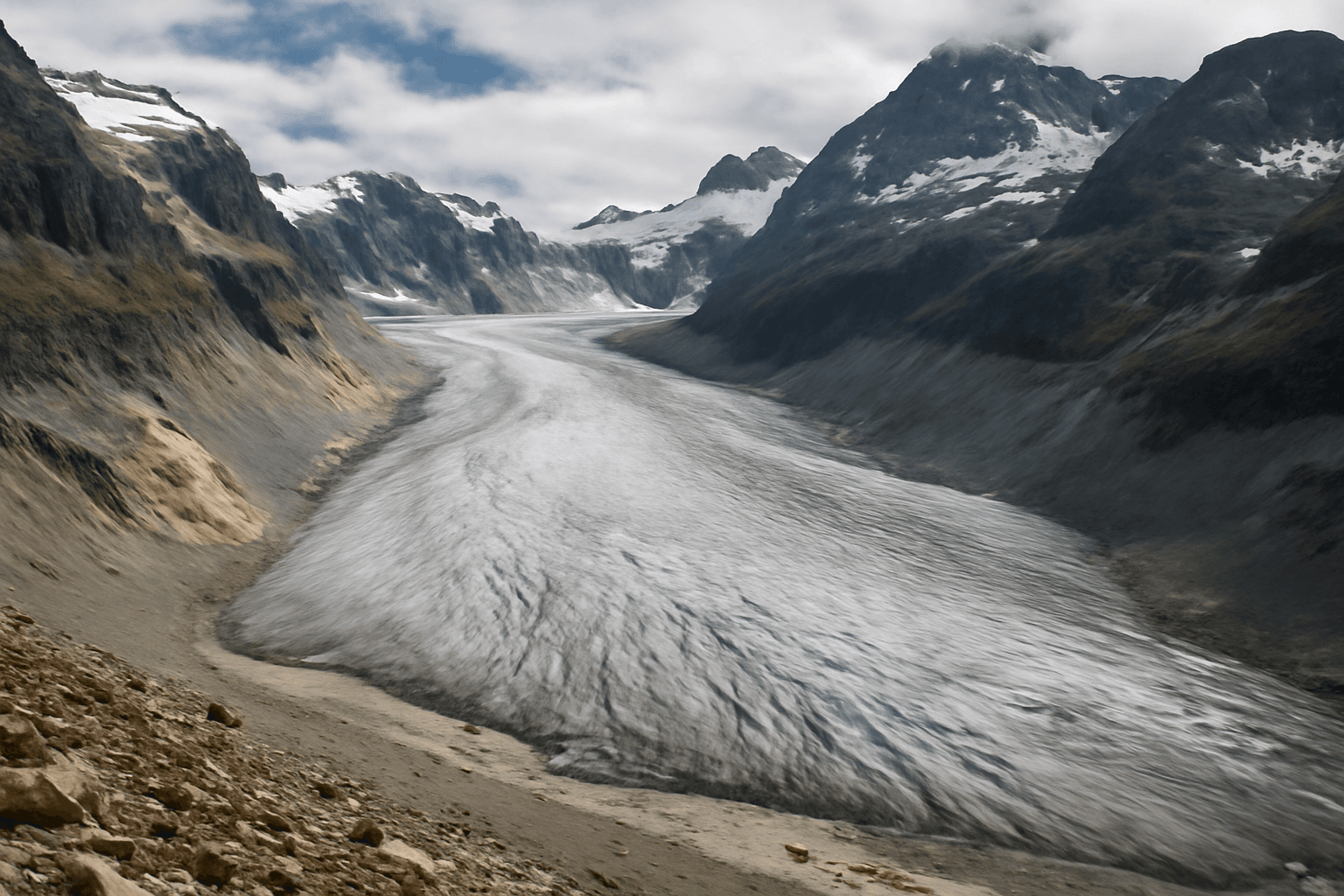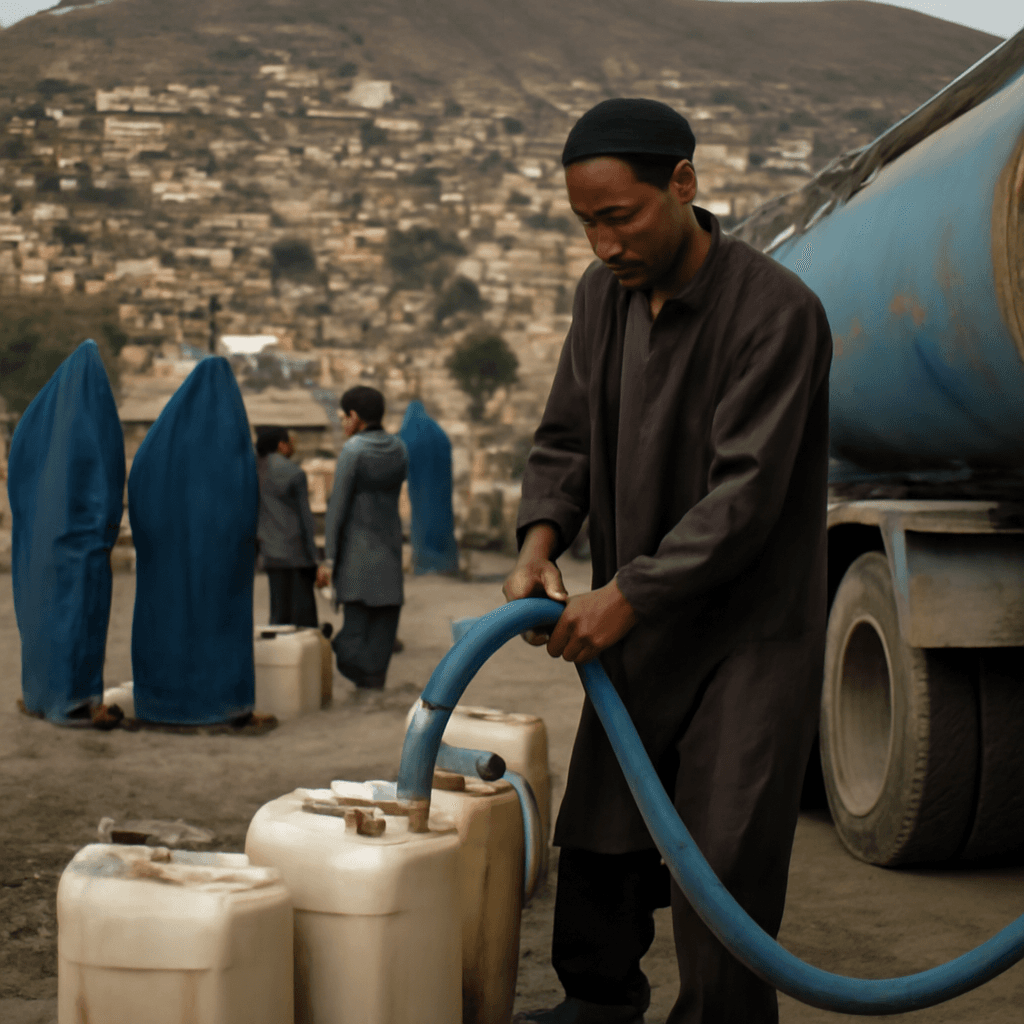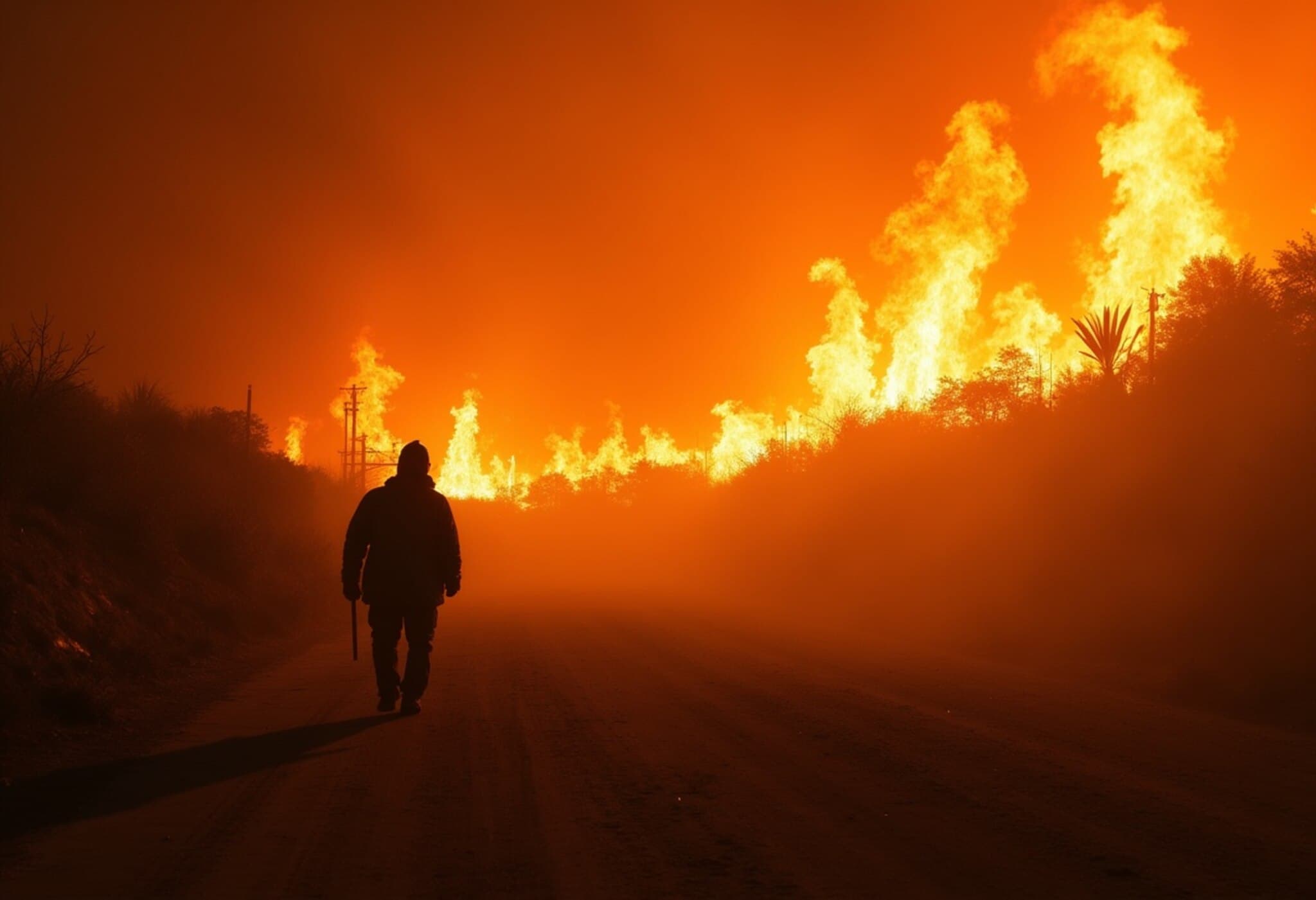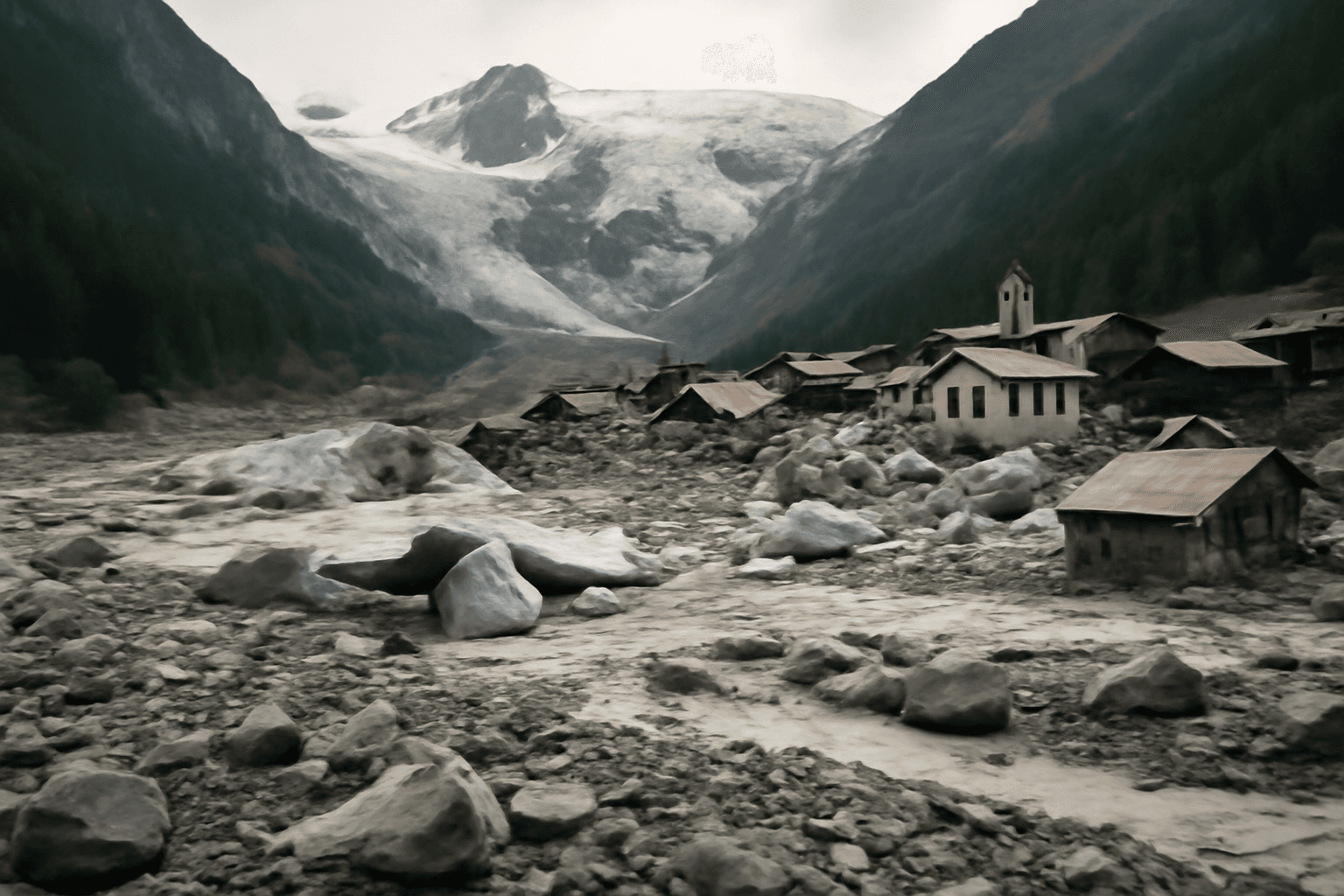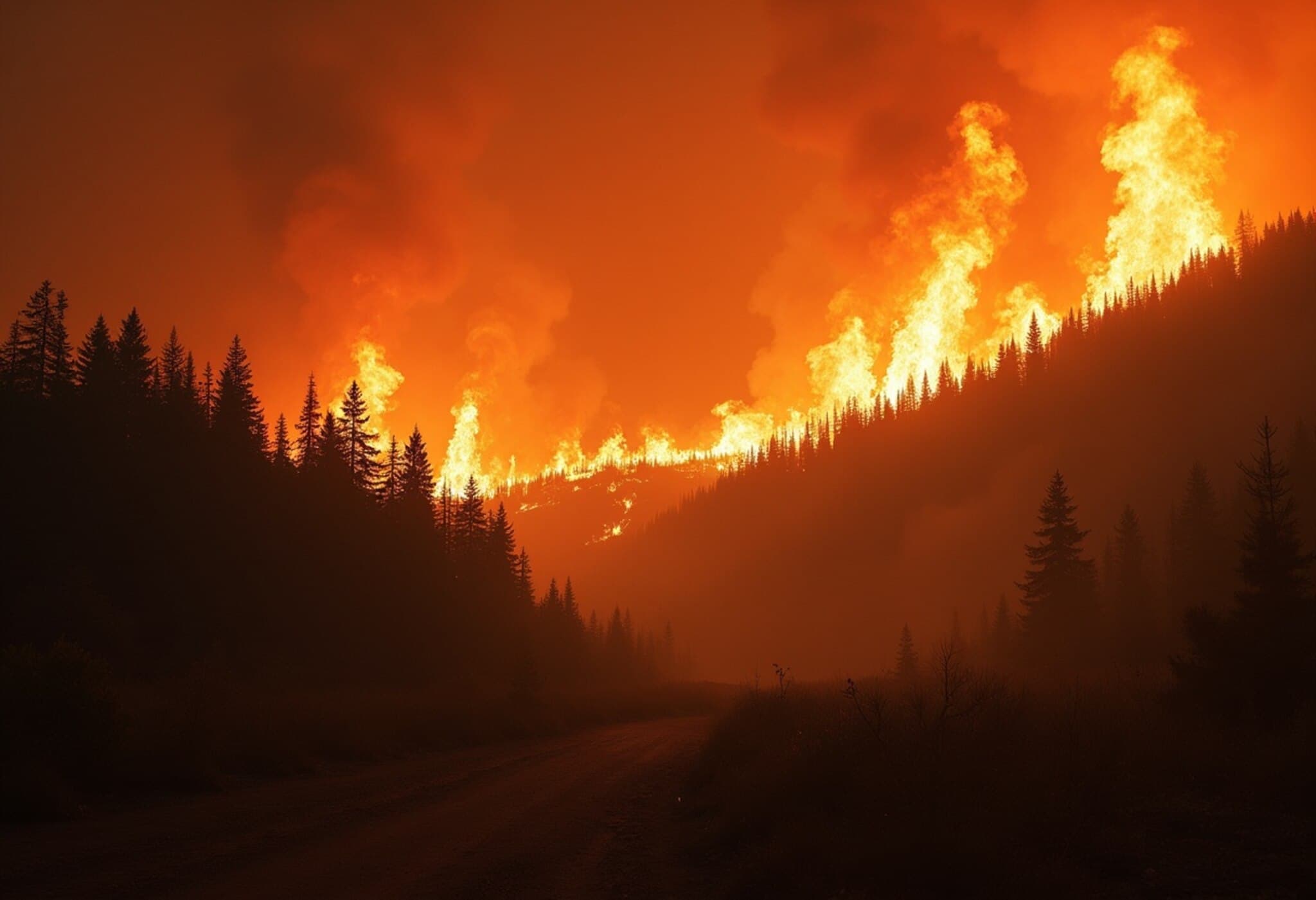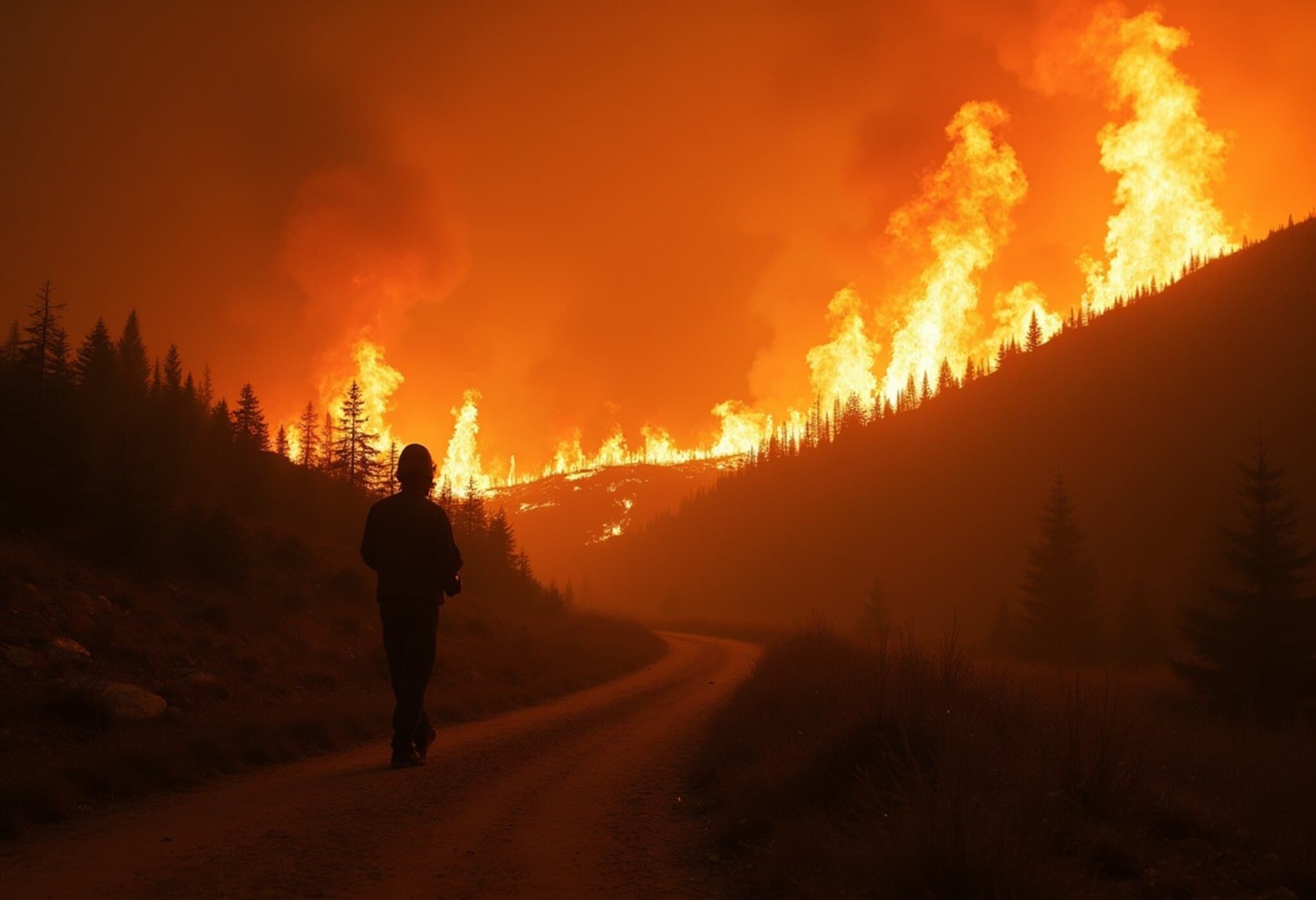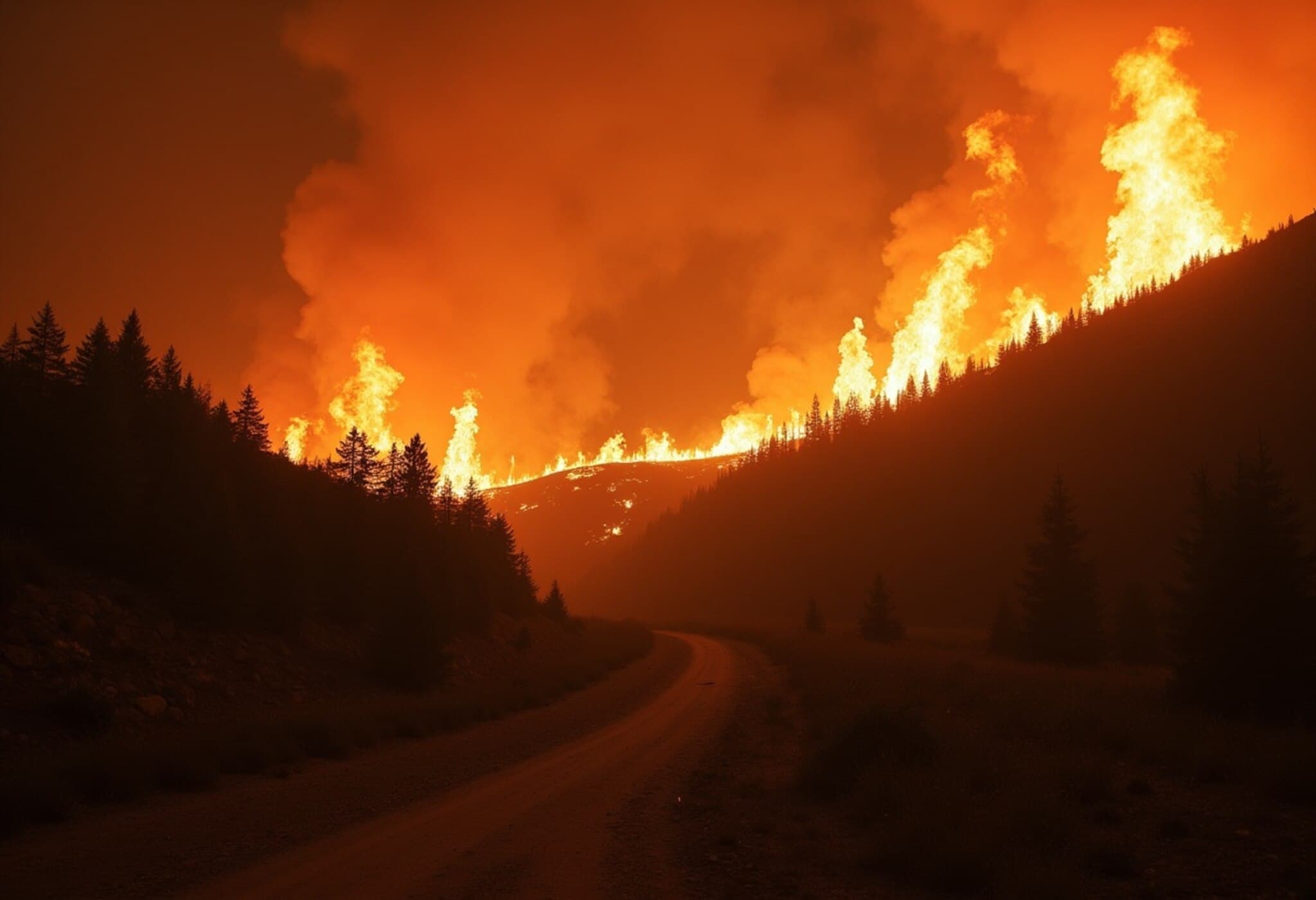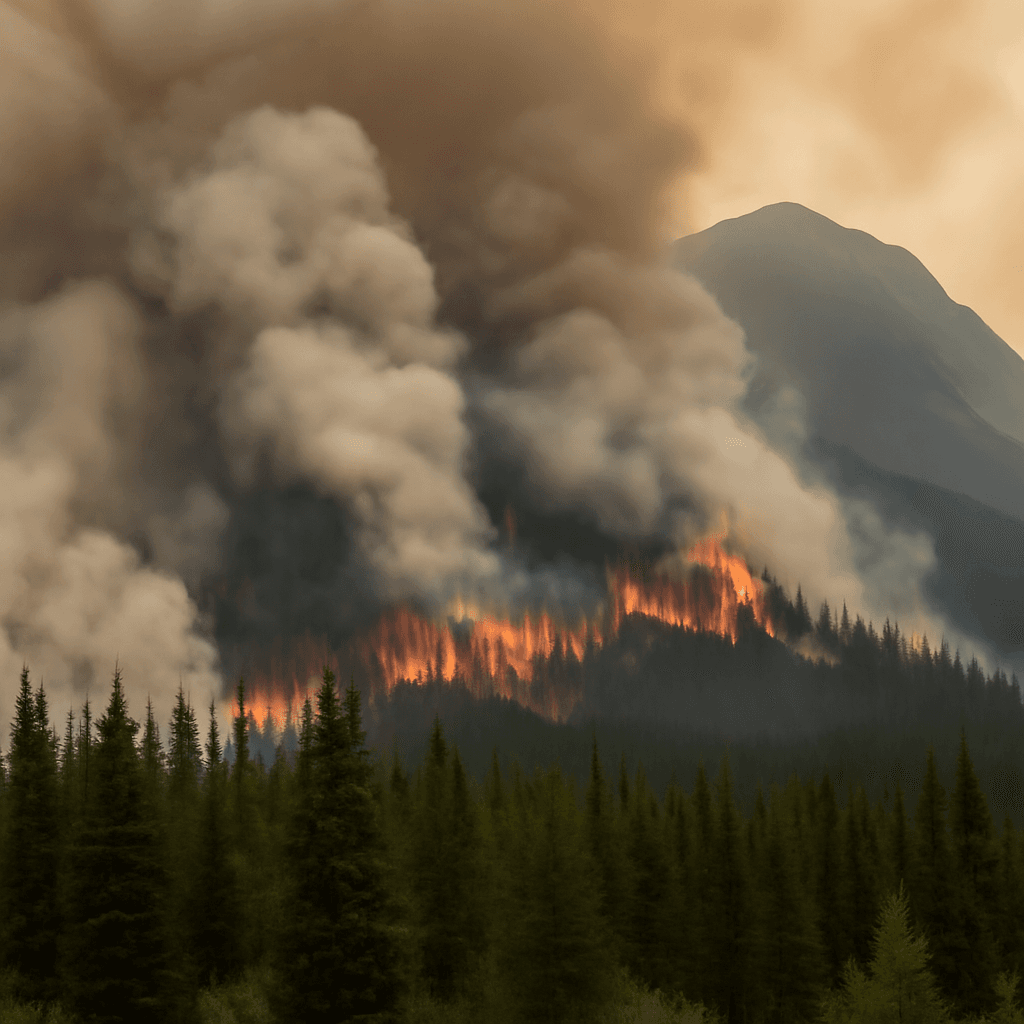Building a More Resilient Future: PM Modi Inaugurates Global Disaster-Resilient Infrastructure Conference
Prime Minister Narendra Modi opened the seventh edition of the International Conference on Disaster Resilient Infrastructure (ICDRI) held in Nice, France, emphasizing the urgent need to safeguard coastal and island communities from escalating climate threats. The event, co-chaired by France for the first time, highlights global collaboration as key to developing infrastructure that withstands climate hazards.
Focus on Coastal Regions and Small Island Developing States
This year's conference zeroes in on protecting vulnerable areas, including small island developing states (SIDS) like Mauritius and Fiji, from the mounting challenges posed by sea level rise and increasingly severe storms. Given that approximately 37% of the world’s population lives within 100 kilometers of the coast, the stakes could not be higher.
PM Modi, addressing the conference virtually, referenced recent natural disasters worldwide: Cyclone Remal in India and Bangladesh, Hurricane Beryl in the Caribbean, Typhoon Yagi in Southeast Asia, and Hurricane Helene in the United States. He underscored the urgency of constructing infrastructure that can withstand such extreme events. "Let us build infrastructure that stands firm against time and tide, creating a stronger, more resilient future for all," Modi said.
Global Leaders Unite for a Resilient Tomorrow
The conference assembled leaders, policymakers, technical experts, and practitioners representing 54 countries, including island nations and coastal states. Antigua and Barbuda’s Prime Minister Gaston Browne notably remarked, "Resilient infrastructure is not just a policy option - it is a necessity for survival. We believe that resilience begins not at the shoreline but in the minds and systems we build."
Key Pillars to Strengthen Resilience
Throughout the conference, discussions centered around three critical themes to bolster climate resilience:
- Access to financing for both public and private sectors to drive resilient infrastructure projects.
- Leveraging data, technology, and early warning systems to anticipate and mitigate disaster impacts.
- Developing and enforcing robust codes and standards to ensure infrastructure durability.
These pillars aim to empower vulnerable regions, particularly SIDS, to better prepare for and respond to climate-related disasters.
Research Grants and Collaborative Initiatives
The conference announced the allocation of research grants supporting 53 projects across 21 countries, reflecting a strong commitment to innovation in disaster resilience. Additionally, the Coalition for Disaster Resilient Infrastructure (CDRI) highlighted its ongoing support for 24 projects spanning 25 small island developing states through its IRIS programme, further pushing sustainable infrastructure development.
CDRI, headquartered in Delhi and launched by PM Modi in 2019, continues to be a pivotal global player championing climate action and disaster resilience. The 2025 conference aligns with the 3rd United Nations Oceans Conference hosted simultaneously in Nice, reinforcing the interconnectedness of ocean health and infrastructure resilience.
A Stunning Tribute to the Oceans
Adding a spectacular visual dimension to the proceedings, a drone show featuring 2,025 drones illuminated the Nice coastline. The drones formed dazzling images of sea creatures like dolphins, turtles, and manta rays, marking the largest drone display in Europe to date, symbolizing the vital role oceans play in global climate systems.
Looking Ahead: A Call for United Action
As climate change continues to escalate risks, the ICDRI 2025 conference serves as a rallying point, urging nations to reinforce infrastructure with foresight and resilience. The shared commitment across continents highlights that building for the future means standing together today against the tide of climate adversity.

